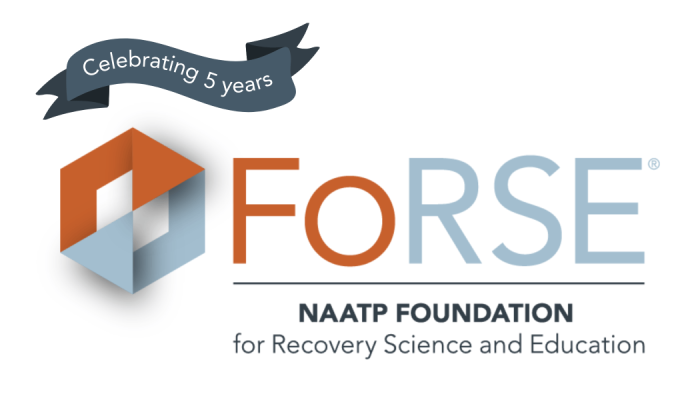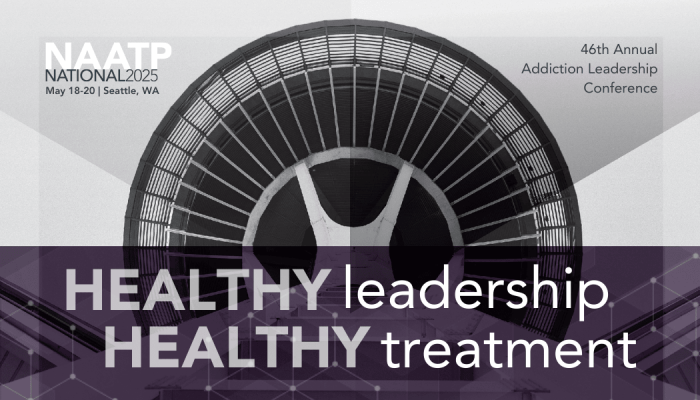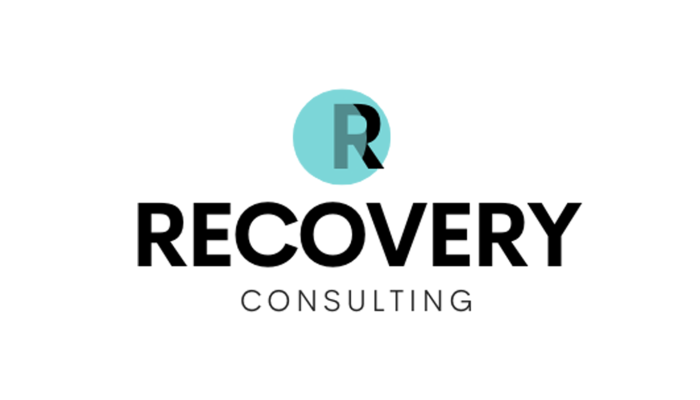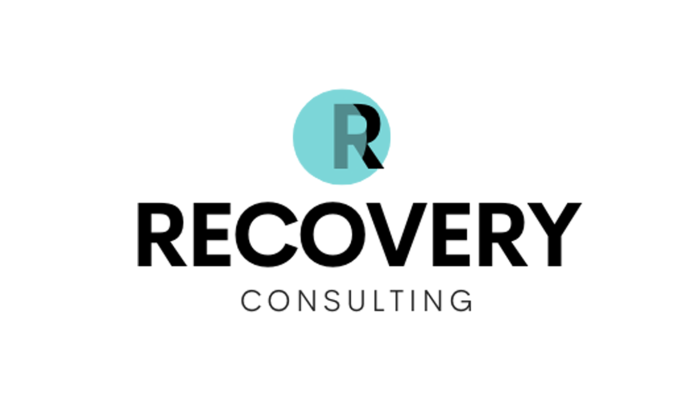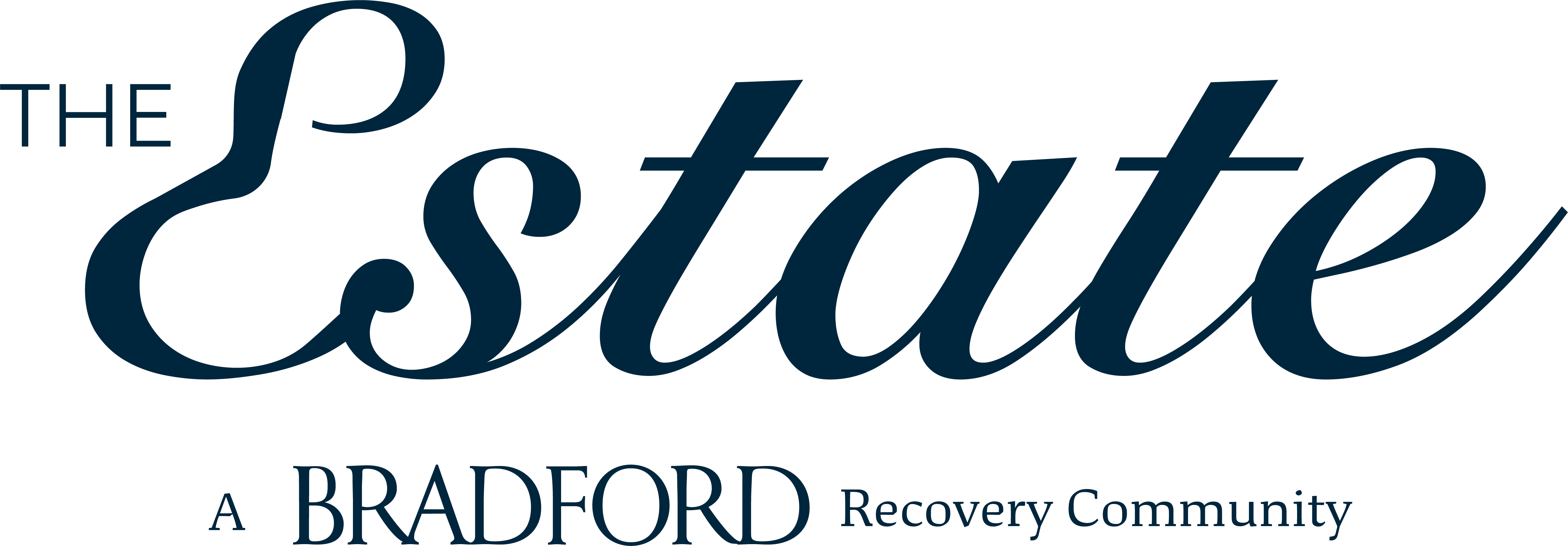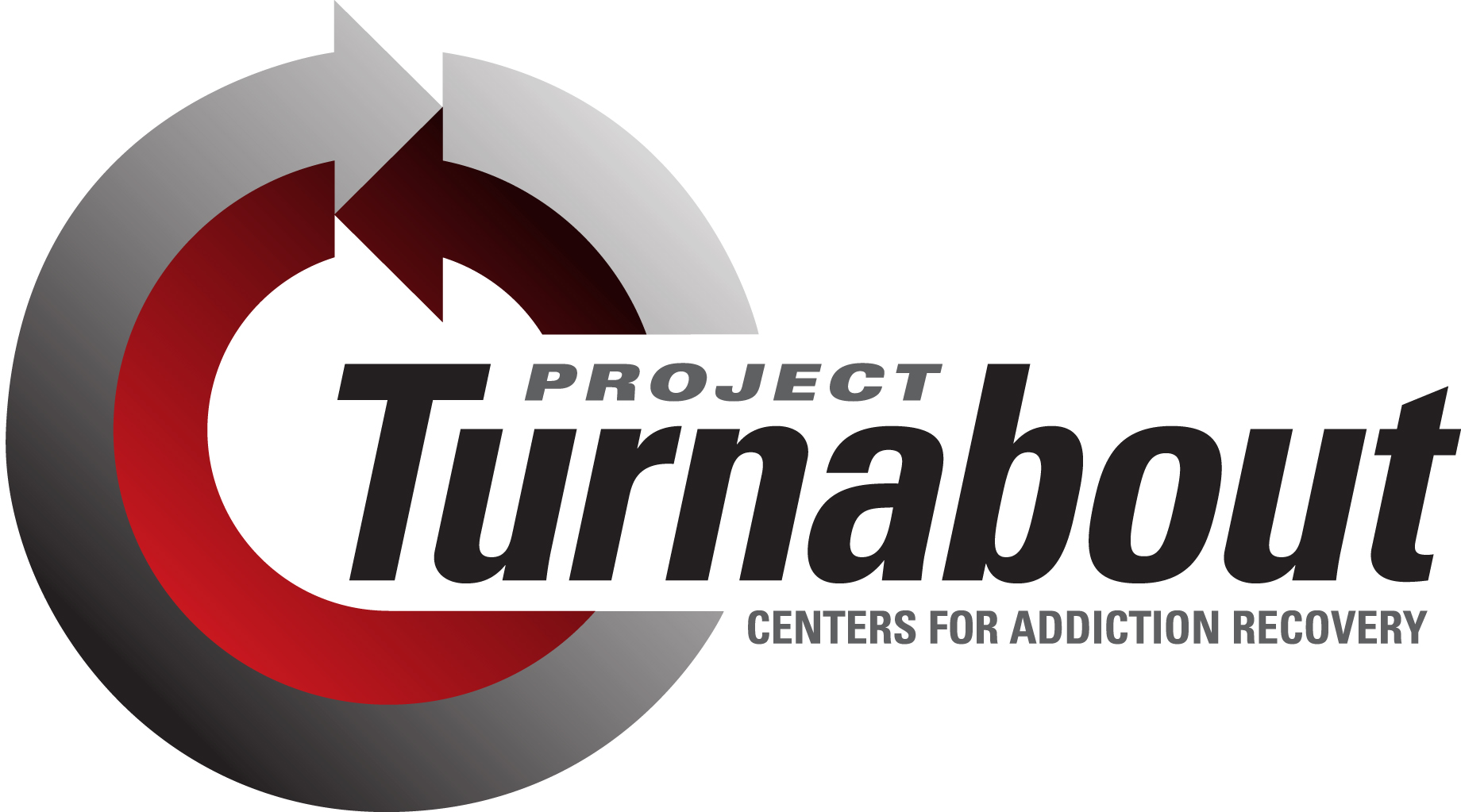Sep 22, 2022
Marvin Ventrell, CEO of NAATP, was asked to review the 2022 book, Marse: A Psychological Portrait of the Southern Slave Master and His Legacy of White Supremacy.
His review elicited powerful comments from Dovie Coleman, Counselor at Cumberland Heights Foundation, a NAATP Provider Member. Ms. Coleman is an active member of the NAATP DEI Advisory Committee.
 You may already know about this book. I applaud NAATP’s CEO Marvin Ventrell for making a paradigm shift toward the hardcore facts many groups are not facing. The real work to obtaining equity cannot start until we are bold enough to be truthful. I understand everyone is not ready, but we can proceed in knowing we are doing the right thing. There have been many attempts in the past and there will be more to come to attempt implementing diversity in many ways. With each generation, we have to fight a different battle with the knowledge slavery by another name exist today and is even more sinister than in past generations. It is rooted historically in the laws enacted to marginalize any group of people who voices a different opinion, or stand up for their rights. Many people did not see the overturning of Roe vs. Wade taking away a woman’s right to make decisions about her body.
You may already know about this book. I applaud NAATP’s CEO Marvin Ventrell for making a paradigm shift toward the hardcore facts many groups are not facing. The real work to obtaining equity cannot start until we are bold enough to be truthful. I understand everyone is not ready, but we can proceed in knowing we are doing the right thing. There have been many attempts in the past and there will be more to come to attempt implementing diversity in many ways. With each generation, we have to fight a different battle with the knowledge slavery by another name exist today and is even more sinister than in past generations. It is rooted historically in the laws enacted to marginalize any group of people who voices a different opinion, or stand up for their rights. Many people did not see the overturning of Roe vs. Wade taking away a woman’s right to make decisions about her body.
The next fall could be Plessy vs. Ferguson. “The Plessy v. Ferguson decision upheld the principle of racial segregation over the next half-century. The ruling provided legal justification for segregation on trains and buses, and in public facilities such as hotels, theaters, and schools. The impact of Plessy was to relegate African Americans to second-class citizenship. The Supreme Court overruled the Plessy decision in Brown v. the Board of Education on May 17, 1954” (Drexler, 2020: Library of Congress).
Understanding the truth about our past is important to protecting the rights we have duly fought for and won time after time. There are those who will challenge everything we do, but we must not grow weary in doing good. For every organization that tells the history as it happened, freedom becomes clearer and closer to, and for, all of our country. Our enemies use race to divide and conquer; it seems few people understand the strategy or the method to the madness.
As we face the future of treatment facilities, we will have to tell the truth about how drugs came to us and what are we going to do about it. We have to strengthen allyship and educate. We will be challenged to walk the talk but I strongly believe, “When you know better, you do better.” I am going to mention the book at our IOP Diversity meeting tomorrow and suggest we read it, cry on the pages, and talk about it, and get to working on it.
“Silence is a key in keeping discrimination in place”
(Dovie Coleman, 2022)
 Review By Marvin Ventrell, NAAATP CEO
Review By Marvin Ventrell, NAAATP CEO
★★★★★ MARSE is Stunning!
MARSE is stunning! As our nation, and we as citizens, work to understand who we truly are and who we wish to be, it is essential that we seek, find, and see the truth about race in America. MARSE tells the truth. And, as painful as it can be at times, the truth can set us free. So, it is a good thing to be stunned as I was as I read Dr. Kirkpatrick’s unique and powerful psychological portrait of the southern slave master and how such an institution could be justified, particularly as a component of Christianity. In the end, the reader is left with an undeniable reality that all roads to racial injustice, then and now, lead to the stranglehold of white supremacy, firmly rooted in the American psyche.
It is, as Dr. Kirkpatrick writes, a “psychotic belief” that it is a good thing (for the slaver and the enslaved), and in fact the “will of God” that one race of humans own another race of human beings. Further, and this is what matters, the book establishes through fascinating and rigorous historical and psychological research and analysis, that the existence of slavery and its’ still existent permutations are possible only because of the adoption of white supremacy as an American belief system. That was the truth then and that is the truth now, and as a privileged white man who continues to benefit from my privilege, it is sometimes hard to look at. But therein is the good news, because just as all roads lead to white supremacy, MARSE demonstrates that the road can also lead out.
If, and I hope it is true, that we are in the midst of a seismic shift that can allow us to dismantle the mantle of race injustice, we must look at slavery not as a bygone condition, but as a present influence. Psychologically, slavery still exists in the sense that white supremacy bore it and continues to nurture its core belief system. That is the piece of the puzzle that the privileged turn away from and that is the contribution of MARSE.
As CEO of a national healthcare association, I am charged with helping move a population of healthcare professionals toward racial justice in the provision of care. That can happen only if our leaders see the truth, believe the truth, and act from the truth. MARSE creates a level of awareness and insight that can allow us to do that. In other words, it tells the authentic narrative of American race society. Whether one is a social justice advocate or, like most, simply an American trying to find your way, I hope you will read MARSE.





